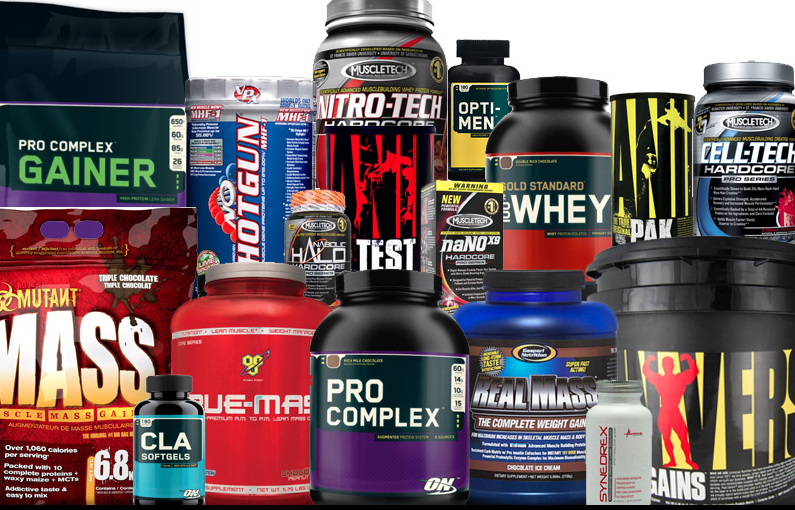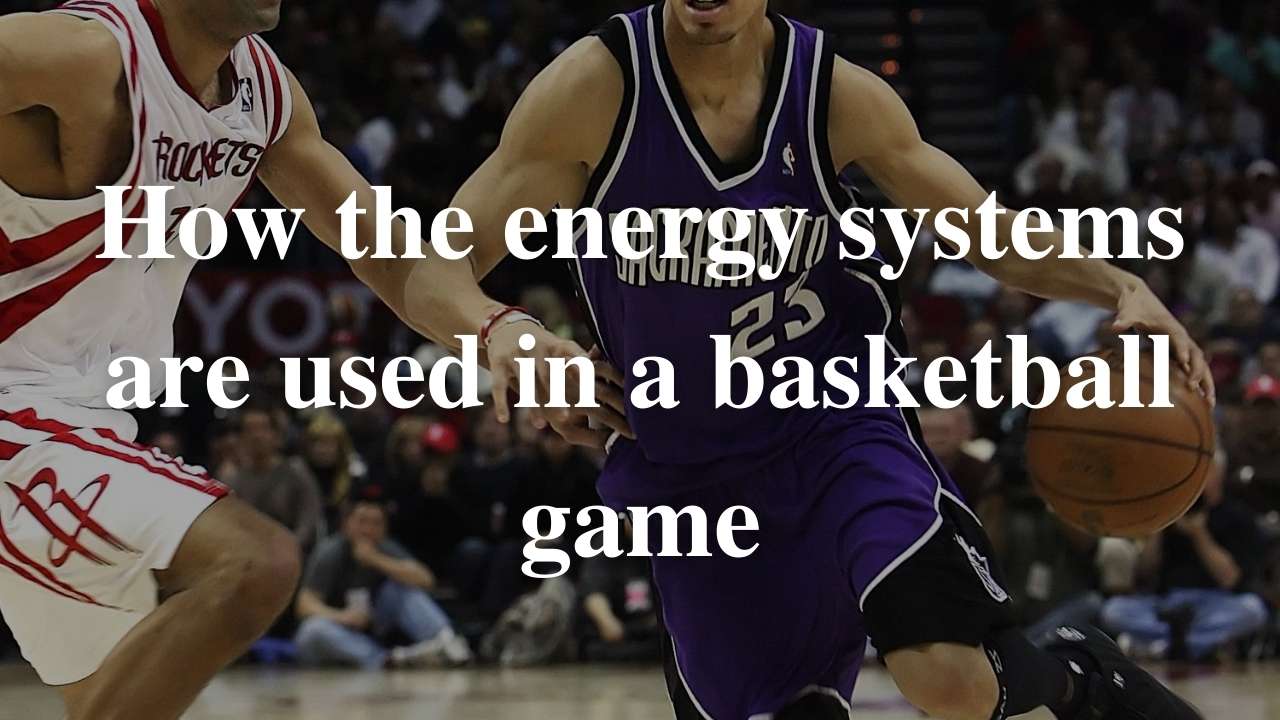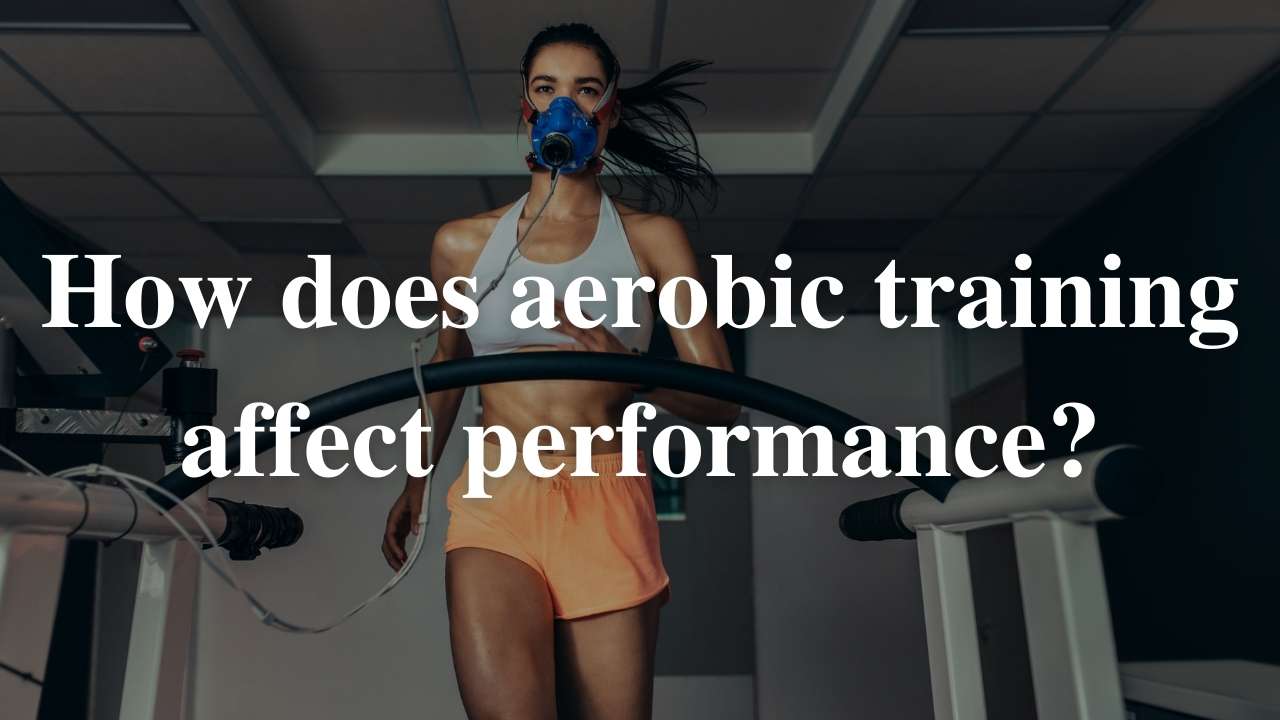There are many questions that relate to supplementation and performance with the most obvious being: do they work? The problem that we have in making this assessment comes with the lack of regulation of supplements (much like the lack of regulation around many complementary and alternative health care). The contents of a supplement vary widely from one brand to another, and users often do not know how to select the best supplement for themselves.
Supplements in Australia have become “big business” as consumers have increased. Every day there are adds on TV to purchase some sort of supplement to help improve our health, and if you attend a gym you probably also see various posters and advertisements for supplements that will apparently improve your performance.
Many people don’t know this, but supplements are broken into 2 categories, that kind of match the 2 categories of drugs. There are over the counter readily available supplements that you can buy at the supermarket or chemist. AND there are also practitioner only supplements. The difference between the two products is not how deadly or dangerous they are (like drugs), but the quality of product and concentration of vitamins.
So, what does this men for supplementation and performance? Well if I was asked if a “centrum” multivitamin would affect performance the answer is clearly NO! Centrum doesn’t have enough of anything in it to do anything. However, if I was asked about a Metagenics multivitamin I would have to argue differently, especially if it was given to someone who was deficient in B-Vitamins.
If we then move out of vitamins and start to think about protein powders and the often debated creatine supplements we have a similar problem. If you are buying protein powder from you local muscle store or supermarket, then you are buying an inferior product that will not produce the same results as a practitioner only brand bought through a naturopath, nutritionist, or other health professional.
The same goes for creatine, the products that are readily available vary considerably and are basically designed to confuse you so that when it doesn’t work you think you bought the wrong one, with the wrong combination. But in reality you probably just bought a cheap (though still possibly very expensive) product. The difference can be compared to those between Panadol and morphine, both are pain killers but one is far more effective (though also very dangerous) product.
So far I have not even mentioned the fact that supplements need to be prescribed individually. Some people need more of particular vitamins than others, or more protein or creatine than other people. The fact that so many athletes are self dosing with supplements makes it more likely that they will not work. Supplementation should be guided by a health professional, preferably one who has a degree in nutrition.
So, of course there is debate around supplementation and performance the variables are too wide ranging to make definitive statements that can apply to performance.






